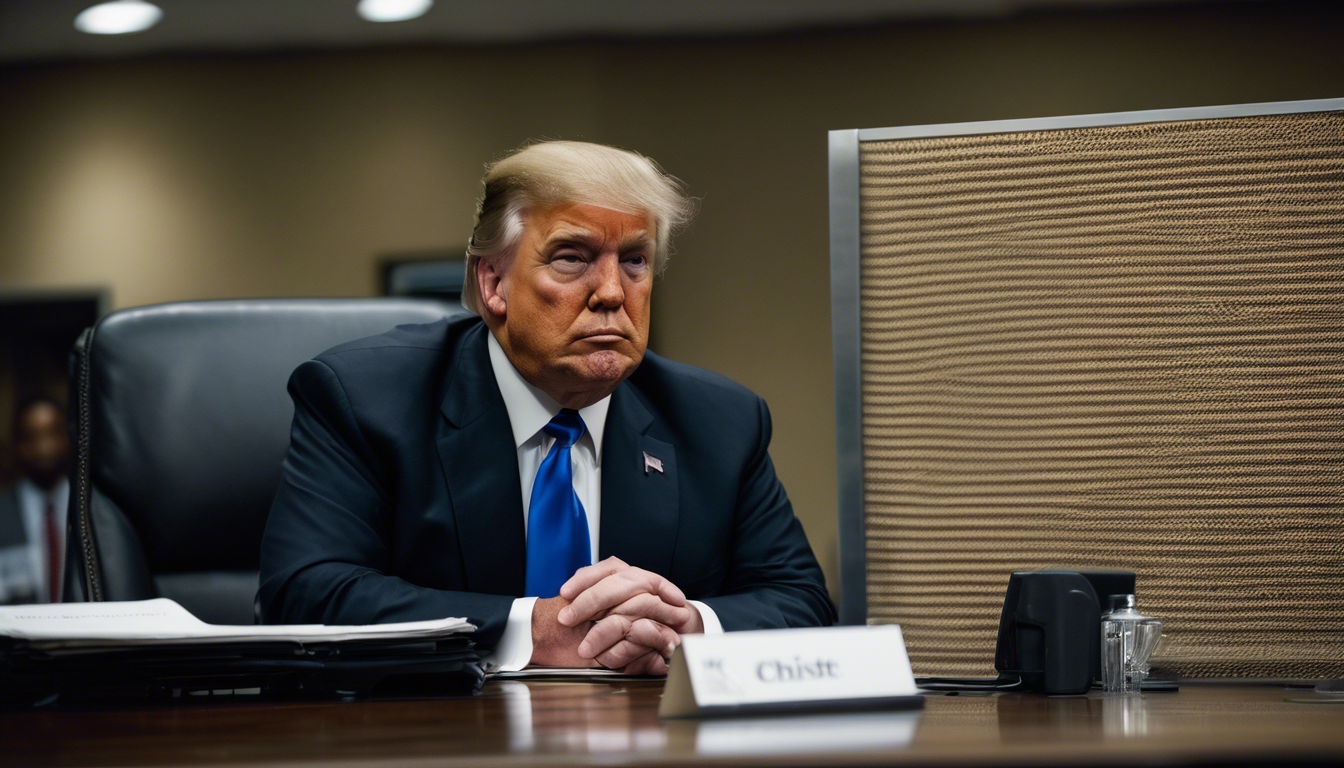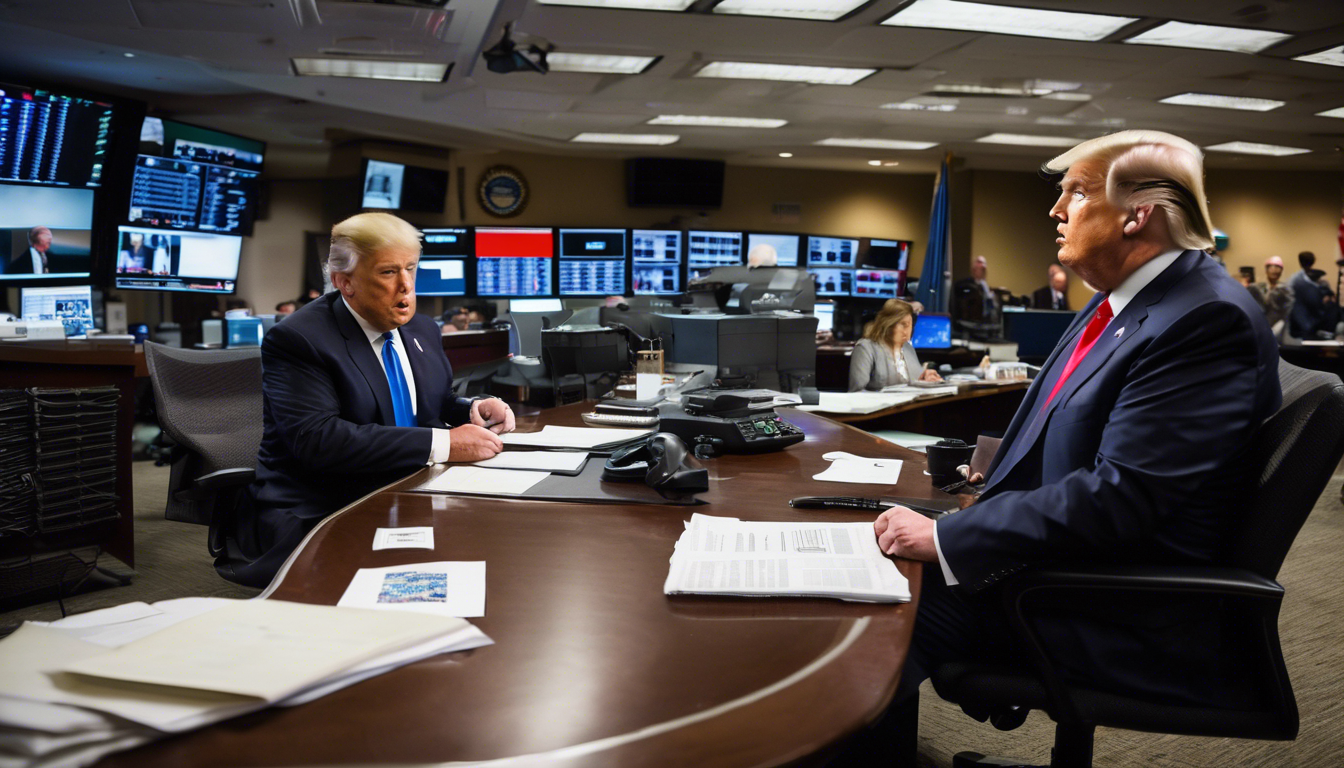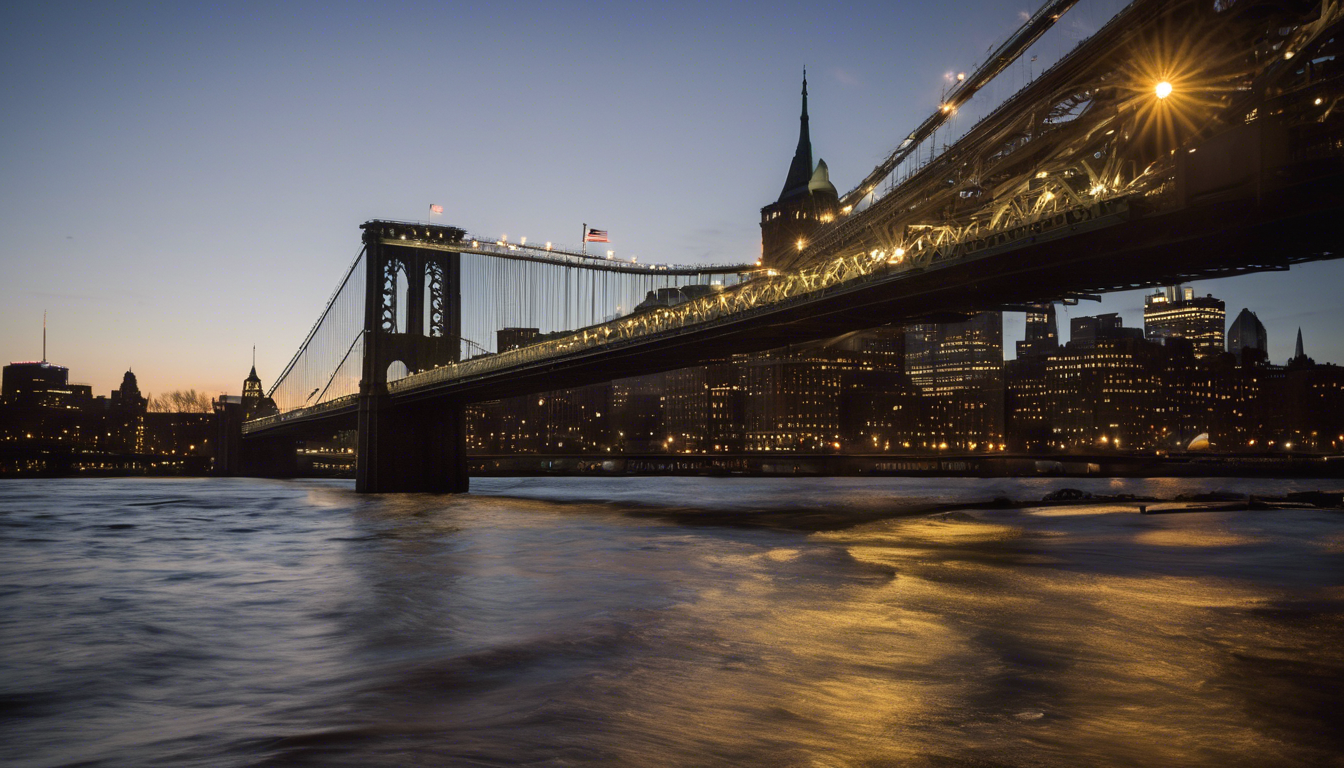
President Donald Trump threatened to reopen an investigation into Chris Christie’s decade-old “Bridgegate” scandal after the former New Jersey governor criticized Trump’s Justice Department on ABC’s This Week. The threat represents a significant escalation in the feud between the former allies, coming just days after FBI searches targeted another Trump critic, former National Security Adviser John Bolton.
Background
The Bridgegate scandal emerged in 2013 when top officials in Christie’s administration orchestrated the closure of access lanes to the George Washington Bridge. The bizarre scheme was designed to create massive traffic jams as retaliation against a Democratic mayor who had refused to endorse Christie’s reelection bid. The scandal dominated headlines and severely damaged Christie’s political reputation during his tenure as New Jersey’s Republican governor.
Christie himself was never criminally charged in connection with the bridge closure scheme, though federal prosecutors pursued cases against his subordinates. Two high-ranking officials in his administration faced federal convictions for their roles in the conspiracy. However, the Supreme Court later overturned these convictions in 2020, ruling that the defendants’ actions did not constitute federal crimes under the wire fraud and civil rights statutes used to prosecute them.
The relationship between Trump and Christie has undergone a dramatic transformation since their early political alliance. Christie served as the leader of Trump’s 2016 presidential transition team and was considered a close confidant during the early stages of Trump’s political rise. Their partnership began to fracture over time, and Christie eventually became one of Trump’s most vocal Republican critics, particularly during the 2024 presidential primary campaign where he regularly attacked Trump’s fitness for office.
Key Developments

Trump Threatens Christie Investigation Over Bridgegate Criticism
Trump’s explosive reaction came in response to Christie’s appearance on ABC’s This Week, where the former governor made several pointed criticisms of the current administration’s approach to justice. In a Truth Social post, Trump referred to Christie as “Sloppy Chris” and questioned his credibility regarding the bridge scandal. The president suggested that Christie had lied about his involvement in the dangerous bridge closure while allowing subordinates, including “a young mother,” to face criminal charges in his place.
The specific comments that triggered Trump’s ire centered on Christie’s accusations that the president was politicizing the Justice Department for personal gain. Christie argued that Trump had openly promised during his 2024 campaign to use the Justice Department as his personal legal representation. He also drew parallels between the FBI’s recent search of Bolton’s properties and Trump’s own experience with classified documents at Mar-a-Lago, suggesting a double standard in how the rules are applied.
- Trump threatened to reopen Bridgegate investigation “for the sake of JUSTICE”
- Christie accused Trump of politicizing Justice Department on ABC interview
- FBI recently searched Bolton’s home and office over classified documents
- Supreme Court overturned Bridgegate convictions of Christie’s aides in 2020
- Christie was Trump’s 2016 transition leader before becoming vocal critic
Industry and Political Context
The confrontation between Trump and Christie reflects broader tensions within the Republican Party over Trump’s approach to law enforcement and political opposition. Trump’s willingness to threaten investigations against critics represents a continuation of his campaign promises to use federal resources against political enemies. This approach has drawn criticism from legal experts and political observers who warn about the potential weaponization of federal law enforcement agencies for partisan purposes.
The timing of Trump’s threat is particularly significant given recent federal law enforcement actions against other Trump critics. The FBI’s search of Bolton’s properties, which Vice President JD Vance attributed to classified document concerns, has raised questions about selective enforcement. Critics argue that these actions demonstrate a pattern of targeting individuals who have publicly opposed or criticized Trump’s policies and behavior, creating a chilling effect on political dissent within Republican circles.
Christie’s position as a frequent Trump critic on mainstream media outlets makes him a particularly visible target for such threats. His regular appearances on major television networks and his willingness to directly challenge Trump’s actions and statements have made him one of the most prominent Republican voices opposing the current administration. This visibility, combined with his history with Trump, makes their conflict a bellwether for broader intra-party dynamics and the limits of acceptable criticism within Republican circles.
Implications and Risks
Legal experts have expressed concern about the potential implications of using federal investigative resources to target political critics. The threat to reopen a case that has already been adjudicated by the Supreme Court raises questions about double jeopardy protections and the appropriate use of prosecutorial discretion. Such actions could set dangerous precedents for how future administrations handle political opposition and criticism, potentially undermining democratic norms and the independence of federal law enforcement agencies.
The escalation also highlights the risks faced by Republicans who choose to criticize Trump publicly. Christie’s experience demonstrates how quickly former allies can become targets when they step outside party orthodoxy. This dynamic could have a chilling effect on internal party debate and criticism, potentially limiting the healthy discourse necessary for effective governance. The threat of investigation may discourage other Republicans from voicing legitimate concerns about administration policies or conduct.
From a broader governance perspective, the focus on settling political scores may detract from more pressing national priorities. The time and resources spent on investigating political opponents could be redirected toward addressing economic challenges, national security concerns, or other issues that directly impact American citizens. The public nature of these threats also risks further polarizing an already divided political landscape, making bipartisan cooperation on important issues even more difficult to achieve.
What’s Next

Trump Christie Bridgegate investigation — Trump Threatens Christie Investigation Over Bridgegate Criticism
The immediate question is whether Trump will follow through on his threat to reopen the Bridgegate investigation or if the statement was primarily intended as political intimidation. Given that the Supreme Court has already ruled on key aspects of the case, any new investigation would need to identify previously unknown evidence or pursue different legal theories. The Justice Department would need to justify reopening a case that has already been through the federal court system and resulted in overturned convictions.
Christie’s response to Trump’s threat will likely influence how other Republican critics approach their opposition to the administration. If Christie continues his vocal criticism despite the investigation threat, it may embolden other Republicans to speak out. Conversely, if he moderates his criticism or reduces his media appearances, it could signal to other potential critics that the risks of opposition have become too high, effectively silencing dissent within the party.
The broader implications for federal law enforcement priorities and the Justice Department’s independence will also warrant close monitoring. How the department handles Trump’s suggestion to investigate Christie could establish important precedents for the separation of law enforcement from political considerations. Congressional oversight committees may also examine whether federal resources are being appropriately allocated and whether investigations are being initiated based on legitimate law enforcement concerns rather than political motivations.
The confrontation between Trump and Christie over Bridgegate represents more than a personal feud between former political allies; it embodies fundamental questions about the appropriate use of federal power, the limits of political criticism, and the health of democratic institutions. As this situation develops, it will serve as an important test case for how American democracy handles internal dissent and the boundaries between legitimate law enforcement and political retribution.
Read More:
- France Summons US Ambassador Over Antisemitism Letter Dispute
- Trump Targets Federal Reserve Governor in Political Attack
- VP Vance Faces Protests During DC Photo Op with Trump Nominees






